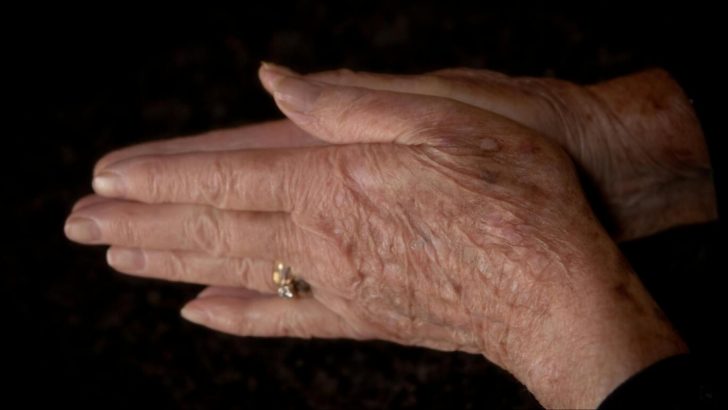As we journey through life and grow older, our relationship with faith and spirituality often shifts.
Many people find themselves drawn back to organized religions as they age, sometimes unexpectedly.
It’s not always about blindly following traditions. Rather it’s a mix of comfort, wisdom, and a desire for connection.
Growing older seems to peel back some of the illusions we once had, and reveals what truly matters.
If you’ve ever wondered why you or others suddenly feel the pull toward religion later in life, you’re not alone.
Let’s explore some surprising reasons behind this shift.
1. Seeking Comfort In Life’s Uncertainties

Life tends to get unpredictable, especially as we grow older. Illnesses, loss of loved ones, or just facing our own mortality can shake us to the core.
Organized religion offers a comforting structure – a hope that there’s something beyond the chaos.
It provides a familiar routine and a sense of stability in uncertain times.
When everything else feels fragile, religion can be a safe harbor where we find peace, reassurance, and gentle reminder that we’re not alone.
It’s a way to face life’s biggest fears with a little more grace and hope.
2. Unlocking Wisdom Beyond Youthful Skepticism
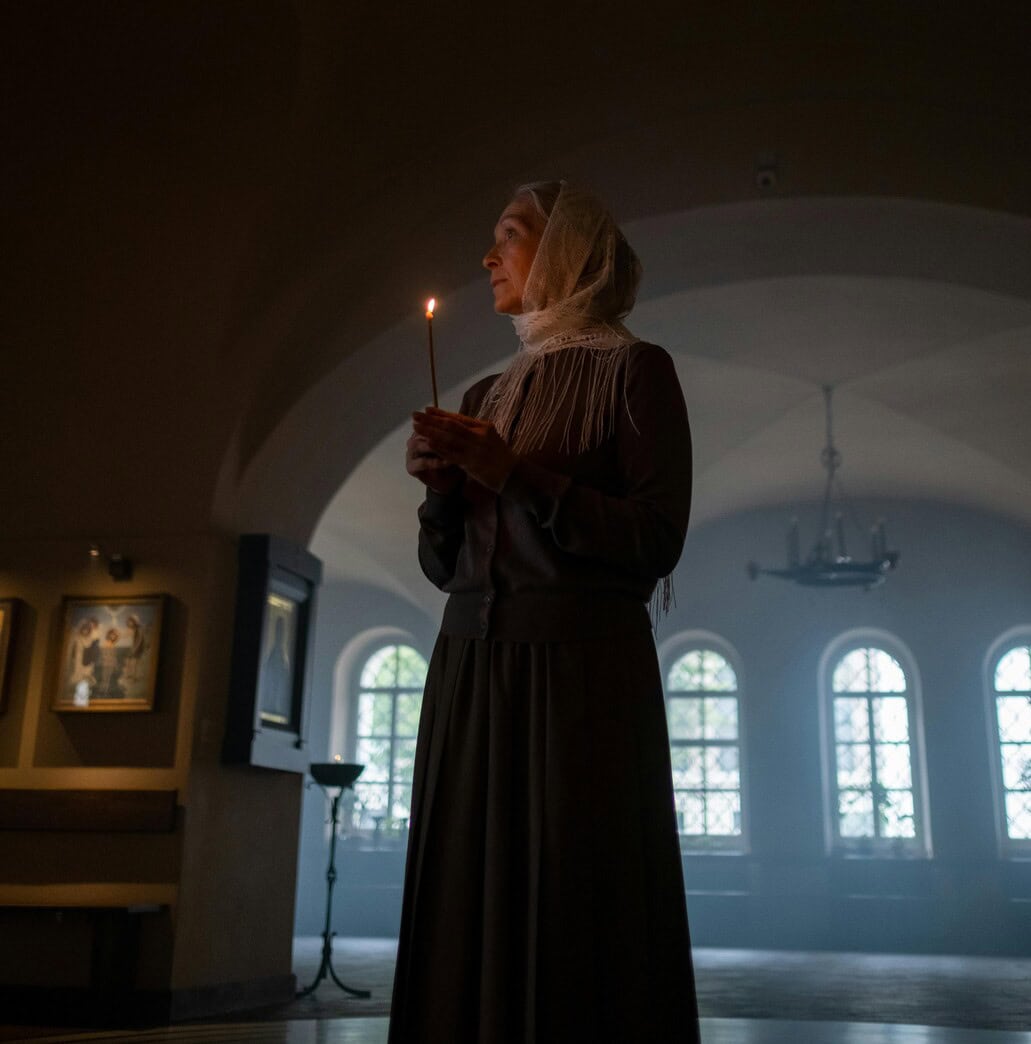
When we’re young, we often question everything, including religion. Perhaps we question religion most of all.
But as we grow older, we start to see past the dogma, and recognize the core wisdom many organized religions offer.
We begin to understand that these traditions contain profound lessons about love, compassion, forgiveness, and humility.
Ageing can bring a clearer perspective – realizing that religious teachings aren’t about perfection, but about striving for a better, kinder life.
It’s like finally seeing the treasure buried beneath the surface, beyond the flaws of human leaders or institutional mistakes.
3. Desire for Meaning and Purpose
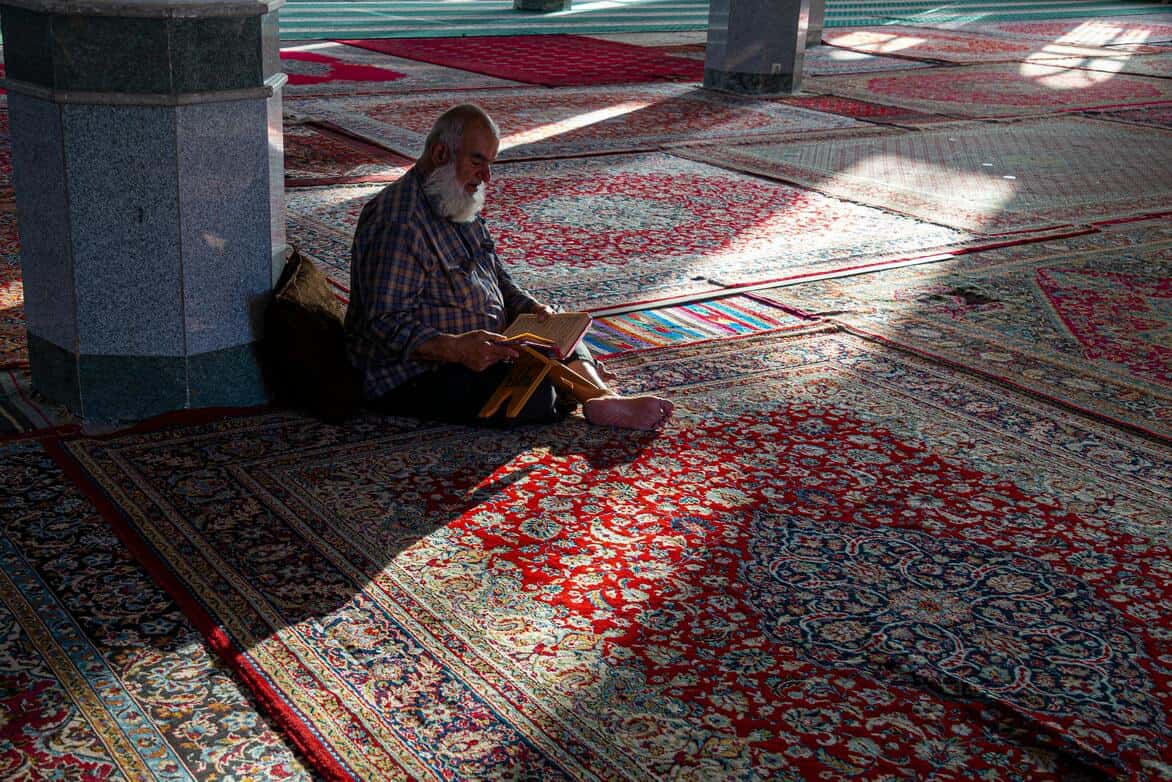
Many of us spend our youth chasing ambitions or material success. But as we approach older age, these pursuits often feel hollow.
We start craving something deeper – a sense of purpose.
Organized religion can provide that sense of meaning, connecting us to something bigger than ourselves.
It offers rituals, community, and a narrative that helps us make sense of our existence.
When we’re older, we’re more open to embracing spiritual paths that foster inner growth, reflection, and a feeling that our lives matter in a larger cosmic story.
4. Nostalgia and Cultural Roots
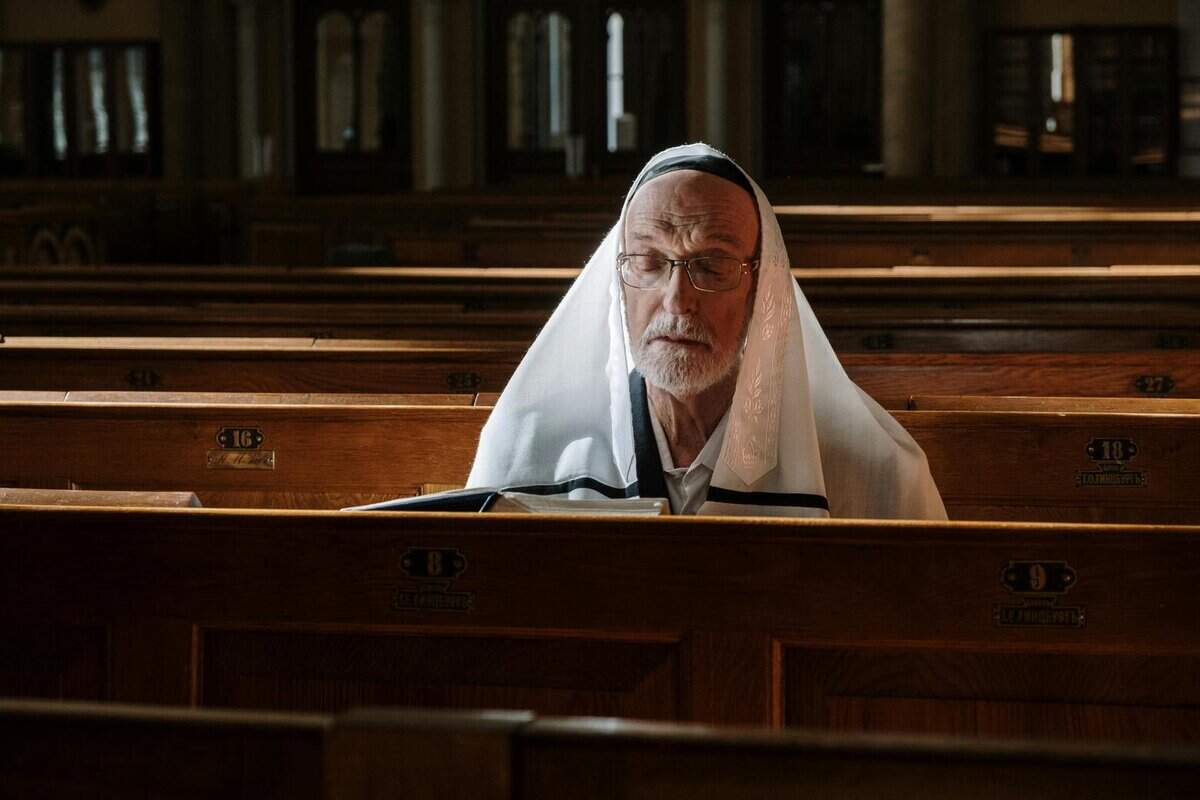
Growing older often brings a sense of nostalgia – fond memories of childhood and past traditions.
Returning to organized religion can be a way to reconnect with our roots, family, and community.
It’s comforting to revisit familiar rituals, hymns, or prayers that once brought us solace. This isn’t just about religion as a doctrine, but about belonging and shared history.
It’s a way to honor our heritage and find continuity amid change.
Sometimes, embracing religion again helps us feel grounded, reminding us of who we are and were we come from.
5. Search for Forgiveness and Redemption
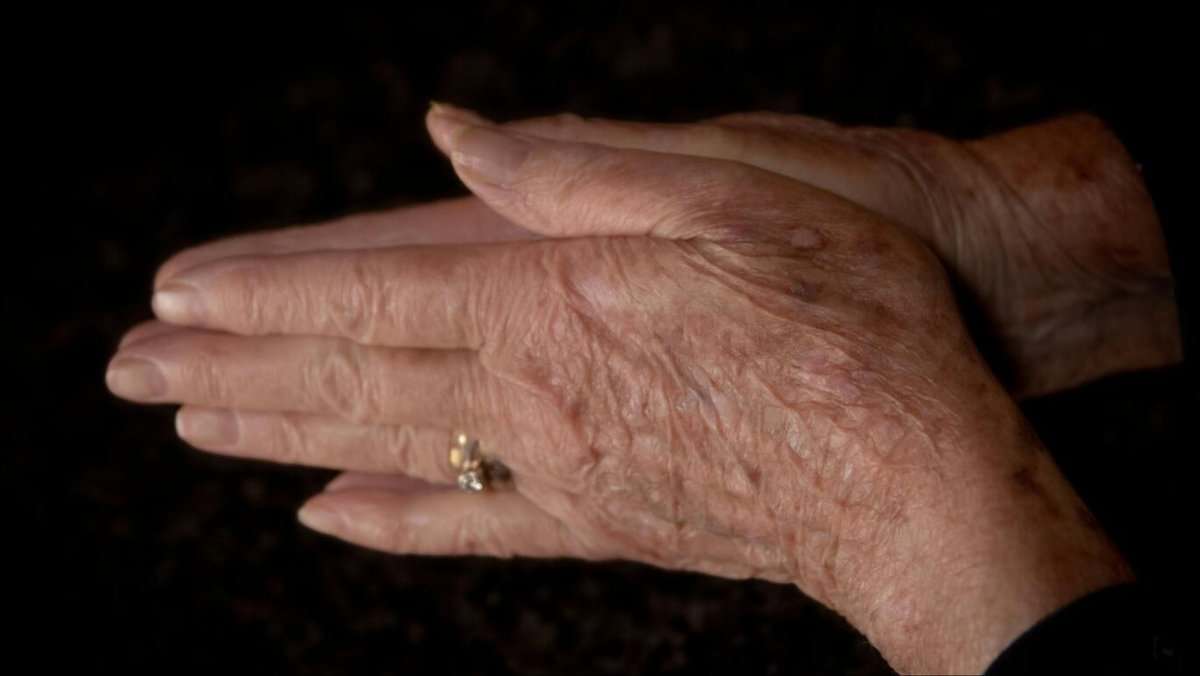
Life’s hardships and mistakes can weigh heavily on us as we grow older.
Organized religion often emphasizes forgiveness, redemption, and grace – concepts that can be profoundly healing.
It offers a pathway to forgive ourselves and others, helping us shed guilt and regret.
As we face our mortality, the hope of spiritual salvation becomes more appealing. Religion can be a source of comfort, encouraging us to seek reconciliation and peace before it’s too late.
It’s a reminder that, no matter our flaws, there’s always a chance to start anew.
6. Seeing Beyond Human Flaws to Divine Truths

Finally, many older people rediscover religion because they begin to see beyond the human flaws.
Corruption, greed, and hypocrisy often tarnish religious institutions and leave a bitter taste in our mouth.
As we age, we start to realize that divine truths within these faiths are still valuable, even if human leaders falter.
This perspective allows us to appreciate the spiritual wisdom that survives despite imperfections.
We learn to separate the message from the messengers, focusing on love, kindness, and the pursuit of higher ideals.
In doing so, religion becomes not just an institution, but a personal, soulful connection to something greater than ourselves.
A little Aquarius, devoted to writing and embroidery. Through my writing, I hope to empower readers to align with their true selves and navigate life’s mysteries with confidence.

